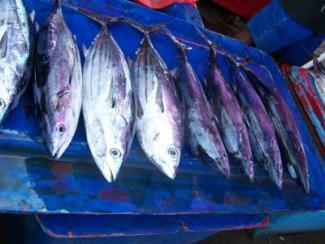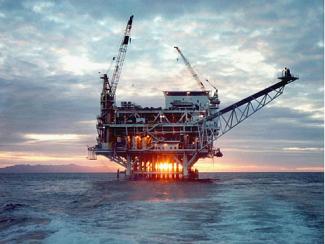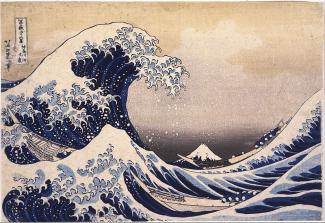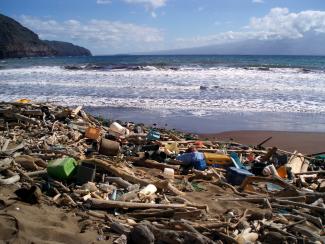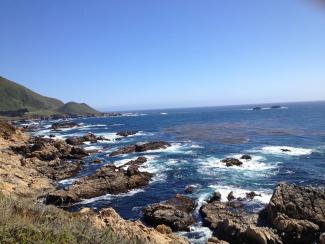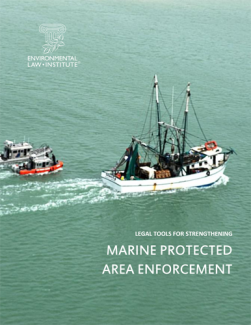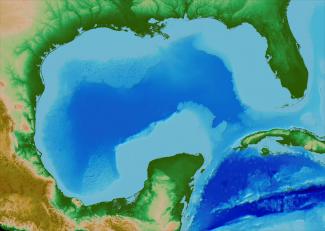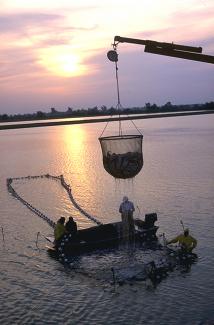Bluefin Tuna: Critically Endangered Species or “World Gourmet”?
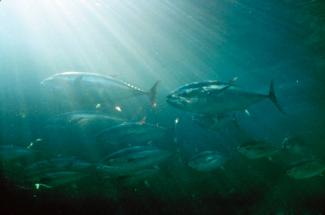
Bluefin tuna, the general group name of several species that belong to subgenus of true tunas Thunnus (Thunnus), are the largest of all tunas and have a natural lifespan of over 50 years. Reaching over two meters in length and weighing 200 kilograms as adults, the species is at the top of the marine food chain. But for great white sharks, bluefin tunas have few natural enemies. Sadly, in the last few decades, a new enemy has appeared: humans.
